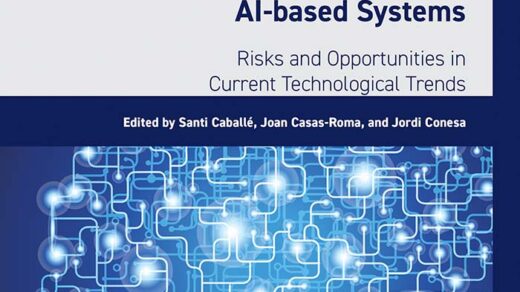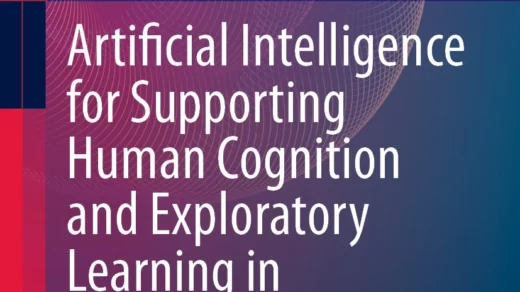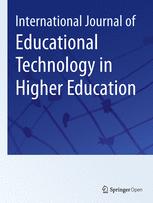A new open-access article has been published focusing on indicators and interventions for adaptive learning environments in continuing education.
Fromm, Y., & Ifenthaler, D. (2024). Designing adaptive learning environments for continuing education: Stakeholders’ perspectives on indicators and interventions. Computers in Human Behavior Reports, 16, 100525. https://doi.org/10.1016/j.chbr.2024.100525
Adaptive learning environments (ALE) provide great potential for personalizing and supporting learning processes in continuing education (CE). However, valid frameworks for designing ALE for CE have been missing so far. For example, user-centered and empirically-based guidelines for selecting indicators (i.e., information about learners and their contexts that should be collected and analyzed by ALE) and interventions for personalizing and supporting learning processes have not been established yet. Therefore, this paper aims to develop a framework of indicators and interventions for ALE for CE by investigating the perspectives of different stakeholders (i.e., learners, CE specialists, and educational technology specialists). We first conducted an interview study (N = 37) to identify indicators for ALE for CE. Subsequently, we conducted focus group interviews (N = 19) and an online survey (N = 72) to specify and evaluate possible interventions. Several indicators related to internal (e.g., prior knowledge) and external (e.g., time available for learning) conditions of learning as well as corresponding interventions (e.g., adaptation of the general difficulty level and thematic focus, recommendation of timely suitable learning resources) were identified. We developed a framework classifying interventions based on indicators and adaptivity type and providing evaluations of learners’ willingness to use these interventions, perceived learning support, and implementation effort. This framework can be used by researchers, system designers, as well as CE and educational technology specialists to design and implement user-centered and trustworthy ALE for CE.
https://www.sciencedirect.com/science/article/pii/S2451958824001581


